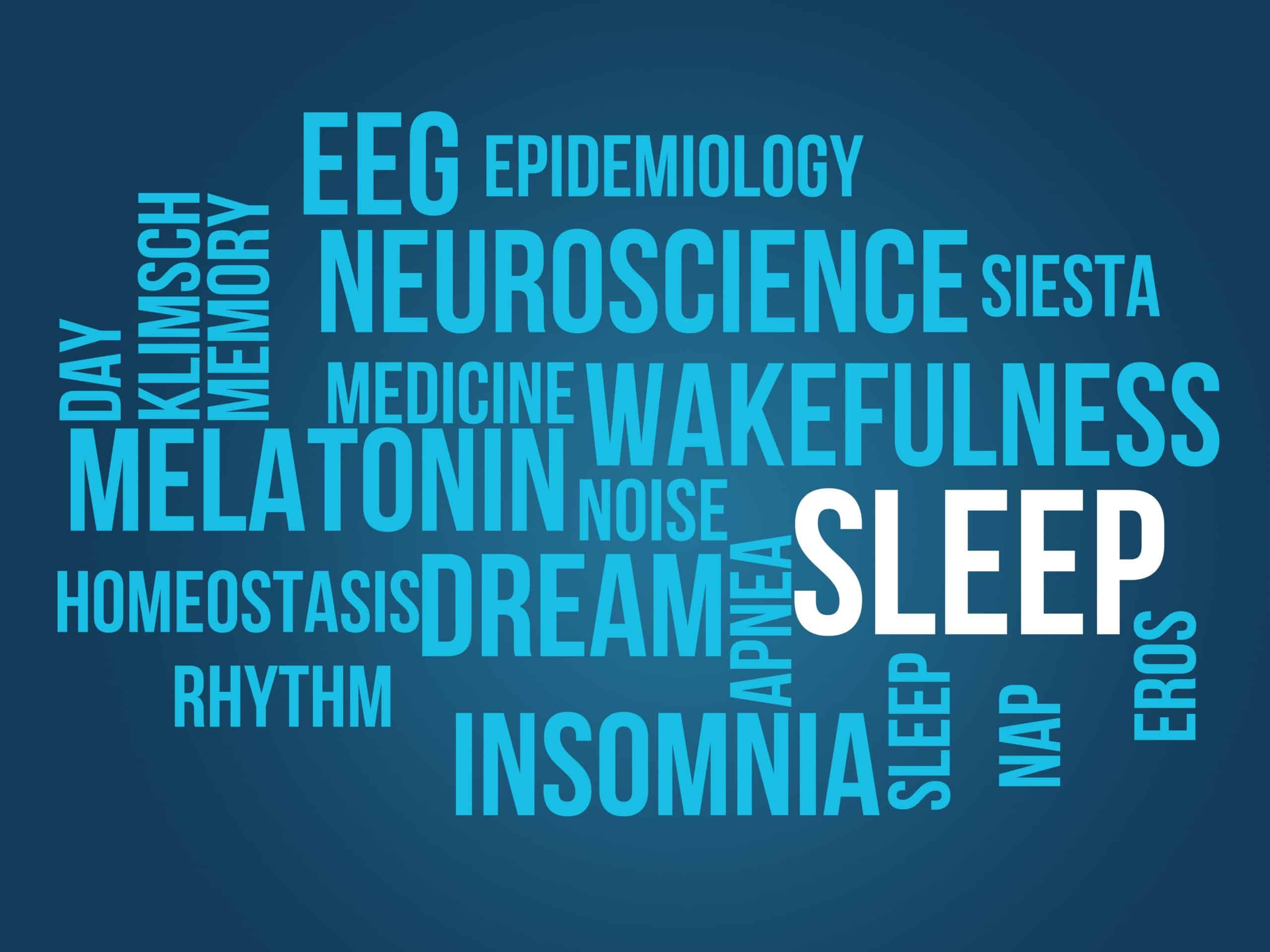In this article, we’ll explore some of the most effective strategies for managing insomnia.
Lifestyle Changes
Lifestyle changes can be an effective first line of defense against insomnia. These changes include developing a consistent sleep routine, avoiding caffeine and nicotine, setting a relaxing sleep environment, and exercising regularly. Reducing screen time and minimizing exposure to bright lights before bedtime is essential.
Cognitive Behavioral Therapy
Cognitive-behavioral therapy, or CBT, is a form of talk therapy that can be helpful for people with insomnia. CBT for insomnia typically focuses on changing negative thought patterns and behaviors around sleep. An experienced therapist can help patients identify the negative thoughts and behaviors that keep them awake and develop strategies to overcome them. CBT can be done in person or online.
Medications
Medications can be helpful for some people with insomnia, but they should only be used under the supervision of a healthcare provider. Sleep aids such as benzodiazepines and nonbenzodiazepines work by slowing the brain’s activity to induce sleep. Some people may find these medications helpful in the short term, but they can be habit-forming and lead to side effects such as dizziness and cognitive impairment.
Alternative Therapies
Many people with insomnia find relief in alternative therapies such as acupuncture, herbal supplements, and mindfulness meditation. Acupuncture is a type of treatment that involves inserting slender needles into specific points on the skin to activate the body’s innate healing mechanisms. Herbal supplements such as valerian root and chamomile can help promote relaxation and sleep. Mindfulness meditation helps patients focus on the present moment and develop a sense of calm and peace.
Seeking Professional Help for Better Sleep
Knowing when to consult a healthcare provider is crucial in relieving sleep troubles. If you consistently struggle with falling asleep, staying asleep, or waking up feeling exhausted, it may be time to seek professional guidance. These experts have in-depth knowledge of the complexities of sleep and can provide personalized treatment plans. If you’re having difficulty sleeping, it’s advisable to seek assistance from a professional who can offer practical solutions to enhance the quality of your sleep.
Takeaway
Prioritizing sleep is not a luxury but a vital component of a healthy lifestyle. Investing in sleep translates to improved physical and mental health, better performance, and overall enhanced quality of life.




